-65%
Understanding the Unique Insights of Mild Cognitive Impairment
Mild Cognitive Impairment (MCI) is a condition characterized by a subtle decline in cognitive abilities beyond normal age-related changes. This issue of Clinics in Geriatric Medicine delves into the complexities of MCI, providing expert perspectives and cutting-edge insights into its diagnosis, management, and potential implications.
Overview of Mild Cognitive Impairment:
This chapter comprehensively outlines the characteristics and diagnostic criteria of MCI. It explores the cognitive domains affected in MCI, including memory, attention, and executive function. Additionally, it discusses the subtypes of MCI and their associated risk factors.
Aging and Cognition:
This section examines the normal cognitive changes associated with aging and how they differ from the cognitive decline observed in MCI. It explores the interplay between age-related brain changes, genetics, and lifestyle factors that contribute to cognitive aging and MCI development.
Classification and Epidemiology of Mild Cognitive Impairment:
This chapter provides a detailed overview of the various classification systems used to categorize MCI. It discusses the prevalence and incidence of MCI in different populations, exploring the risk factors associated with its development and progression.
Neuropsychiatric Symptoms of Mild Cognitive Impairment:
MCI is often accompanied by neuropsychiatric symptoms that can significantly impact a patient’s quality of life. This section examines the most common neuropsychiatric symptoms associated with MCI, including depression, anxiety, apathy, and irritability. It discusses their diagnosis, management, and the potential impact on cognitive functioning.
Clinical Evaluation of Early Cognitive Symptoms:
Early detection of cognitive changes is critical for timely intervention and management of MCI. This chapter provides guidance on evaluating early cognitive symptoms, including history-taking, cognitive testing, and neuropsychological assessment. It emphasizes the importance of a comprehensive evaluation to rule out other conditions that may mimic MCI.
Emerging Biomarkers Relating to Cognition:
Recent research has identified promising biomarkers that may assist in the diagnosis and prognosis of MCI. This section explores various biomarkers, such as cerebrospinal fluid proteins, neuroimaging findings, and genetic markers. It discusses their potential implications for improving diagnostic accuracy and guiding treatment decisions.
Imaging Modalities in Evaluation of Cognition:
Neuroimaging plays a crucial role in evaluating cognitive changes associated with MCI. This chapter reviews different imaging modalities, including structural MRI, functional MRI, and PET scans. It discusses how these techniques can provide insights into brain structure, function, and metabolic changes that may be associated with MCI.
Current Management Decisions in Mild Cognitive Impairment:
There is currently no cure for MCI, but various interventions can help manage symptoms and potentially slow disease progression. This section explores pharmacological and non-pharmacological interventions, including cognitive training, lifestyle modifications, and behavioral therapy. It discusses the evidence supporting these interventions and their impact on cognitive functioning in MCI.
Risk Factors for Progression to Dementia:
A significant concern for individuals with MCI is the potential progression to dementia. This chapter identifies risk factors associated with increased risk of dementia, such as age, family history, and specific cognitive and neuroimaging findings. It discusses strategies to mitigate these risk factors and potentially prevent or delay dementia onset.
Dealing with Mild Cognitive Impairment: Help for Patients and Caregivers:
Living with MCI can be challenging for both patients and caregivers. This section provides practical guidance and support to help individuals cope with the emotional, social, and financial impacts of MCI. It discusses strategies for managing cognitive changes, accessing resources, and providing support to loved ones.



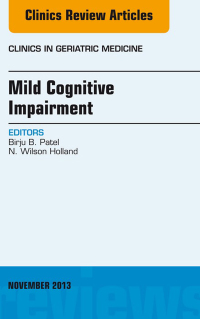
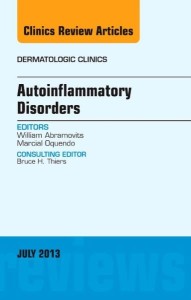
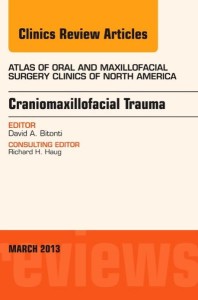

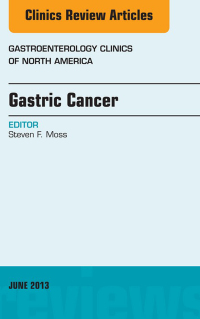

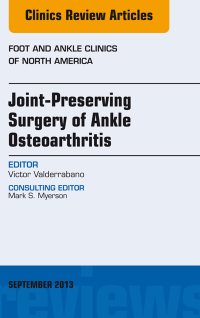
Reviews
Clear filtersThere are no reviews yet.